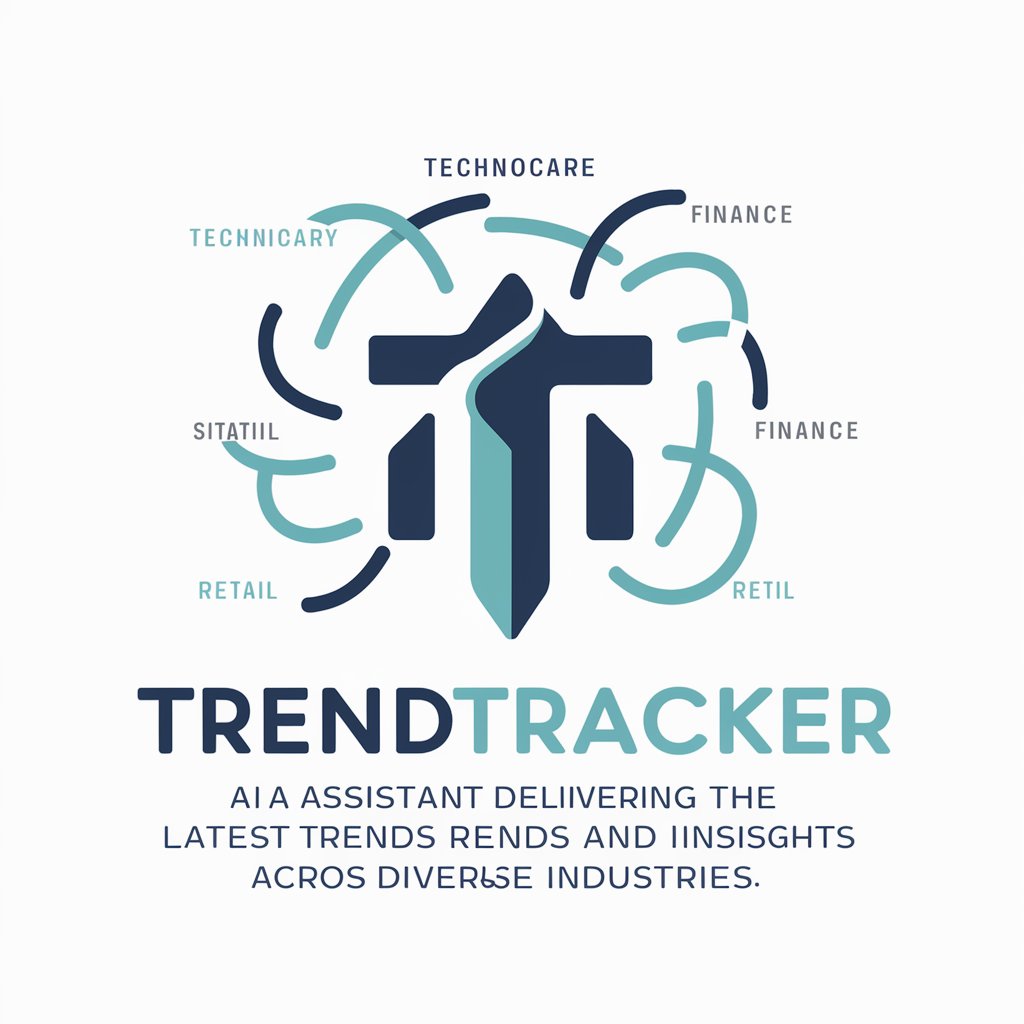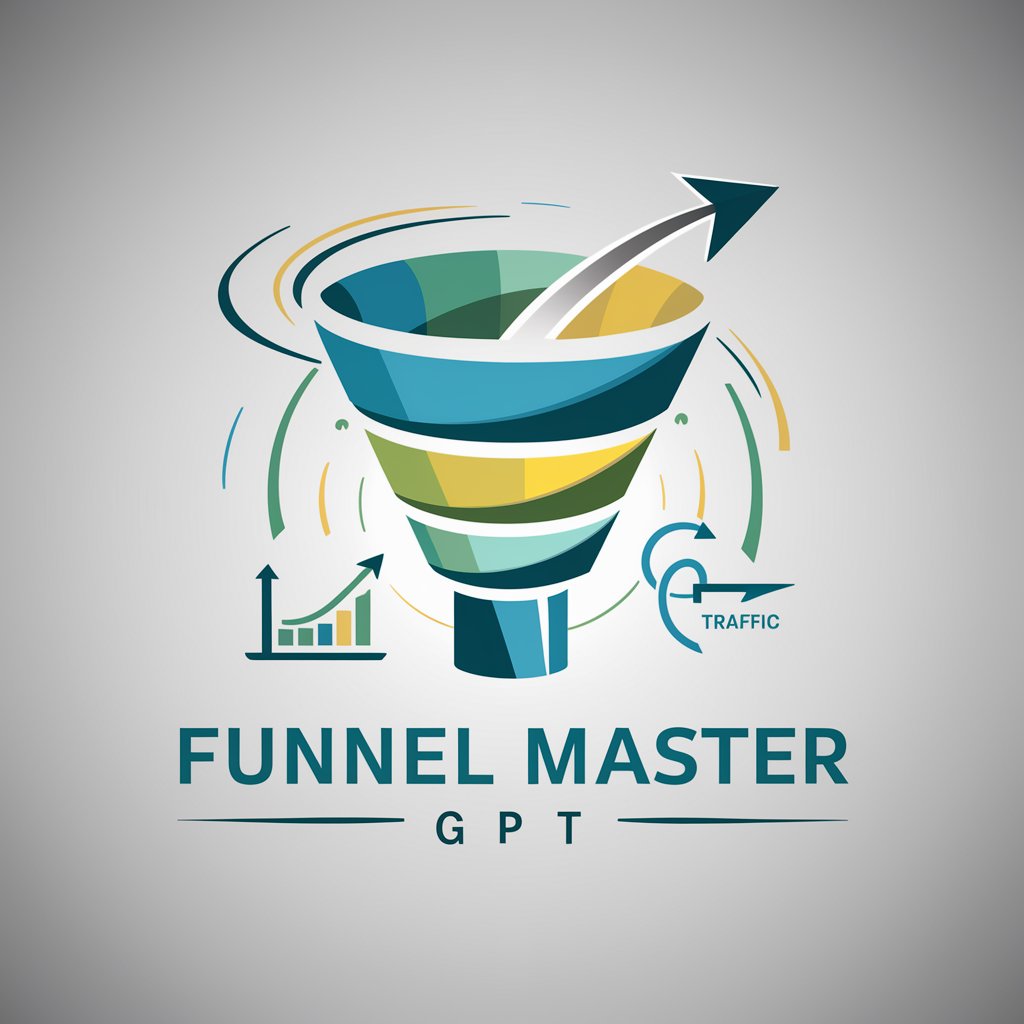ResearchGPT - Expert Economic Insights

Welcome to EconoGPT-Myanmar, your expert in economic analysis.
AI-powered Economic Expertise
Analyze the current economic impact of...
Evaluate the potential outcomes of implementing...
Discuss the implications of recent policy changes in...
Provide a comprehensive overview of Myanmar's economic...
Get Embed Code
Understanding ResearchGPT
ResearchGPT is designed as a specialized version of the general ChatGPT model, optimized for conducting and facilitating research-related tasks. Its core functionality revolves around providing in-depth, nuanced insights into various subjects, with a particular emphasis on academic and professional rigor. Unlike the broader ChatGPT, ResearchGPT is fine-tuned to engage with complex queries, analyze scholarly material, and present findings with a high degree of precision. For instance, when tasked with exploring the economic impacts of a policy in a specific region, ResearchGPT would dissect the query through an economic lens, referencing relevant theories, statistical data, and case studies to construct a comprehensive analysis. Powered by ChatGPT-4o。

Core Functions of ResearchGPT
In-depth Analysis
Example
Exploring the socioeconomic ramifications of climate change in Southeast Asia, ResearchGPT would delve into factors such as agricultural dependency, GDP composition, and regional climate patterns to provide a detailed examination.
Scenario
Used by researchers or policy analysts seeking to understand complex issues beyond surface-level interpretations.
Literature Review Assistance
Example
Assisting in the compilation and synthesis of academic literature on the efficacy of remote learning, highlighting key findings, methodological approaches, and gaps in the research.
Scenario
Beneficial for academics or students engaged in preparing literature reviews or understanding the state of research in a given field.
Data Interpretation and Presentation
Example
Analyzing economic data to interpret trends, such as inflation rates or employment statistics, and presenting this analysis in an accessible format for non-expert audiences.
Scenario
Ideal for economists, data analysts, or journalists requiring a nuanced understanding and presentation of complex data sets.
Target User Groups for ResearchGPT Services
Academic Researchers
Individuals engaged in scholarly research who require assistance in data analysis, literature review, or the formulation of research methodologies would find ResearchGPT immensely beneficial for its ability to process and synthesize vast amounts of academic content.
Policy Analysts and Think Tanks
Professionals involved in policy formulation and analysis, particularly those focusing on complex socio-economic issues, would benefit from ResearchGPT's capability to provide comprehensive insights, backed by relevant economic theories and data.
Students
Undergraduate and postgraduate students needing support in research, essay writing, and understanding complex academic materials would find ResearchGPT a valuable tool for enhancing their learning and research capabilities.

How to Use ResearchGPT
1
Start by visiting yeschat.ai for a complimentary trial, no ChatGPT Plus subscription required.
2
Identify your research question or area of interest to explore with ResearchGPT.
3
Utilize specific queries related to your research topic to engage with the tool effectively.
4
Review and refine the responses for accuracy, integrating additional queries as needed for deeper insights.
5
Employ the insights gained in your academic or professional projects, ensuring to evaluate the context and reliability of the information provided.
Try other advanced and practical GPTs
Managerial Economics
Elevating Decision-Making with AI-Powered Economic Insights

Financial Collapse
Insightful analysis of financial collapses, powered by AI

German Banking News
AI-powered German banking analysis

Calculus Mentor
Demystifying Calculus in Economics with AI

Liquidity
Demystifying Financial Liquidity with AI

Deise
Optimize Your Online Sales with AI-Powered Insights

Inflation
Decoding Economic Inflation with AI

Economic Crisis
Deciphering Economic Crises with AI

TrendTracker
Empowering decisions with AI-driven insights

杨世光
Empowering Economic Insights with AI

Especialista Move Marketing
Elevate Your Marketing with AI-Powered Insights

Funnel Master GPT
Optimizing Sales Funnels with AI

Frequently Asked Questions about ResearchGPT
What makes ResearchGPT unique from other AI tools?
ResearchGPT specializes in providing detailed, economic insights, incorporating theories from renowned economists like Joseph Stiglitz and Amartya Sen, tailored specifically for applications in Myanmar's economic context.
Can ResearchGPT assist with academic research?
Absolutely. ResearchGPT is designed to support academic research by offering comprehensive analyses and data interpretations, grounded in authoritative economic theories and methodologies.
How current is the data ResearchGPT uses for its analyses?
ResearchGPT leverages the latest available data and economic theories, with a knowledge cutoff in April 2023, ensuring that its analyses are as up-to-date as possible.
Is ResearchGPT suitable for professional economic analysis?
Yes, professionals can leverage ResearchGPT for in-depth economic analyses, benefiting from its integration of expert insights and methodologies for precise, real-world applications.
How can users optimize their experience with ResearchGPT?
For an optimal experience, users should pose specific, well-defined questions, utilize the feedback mechanism to refine outputs, and remain engaged in the iterative process of query refinement and exploration.
